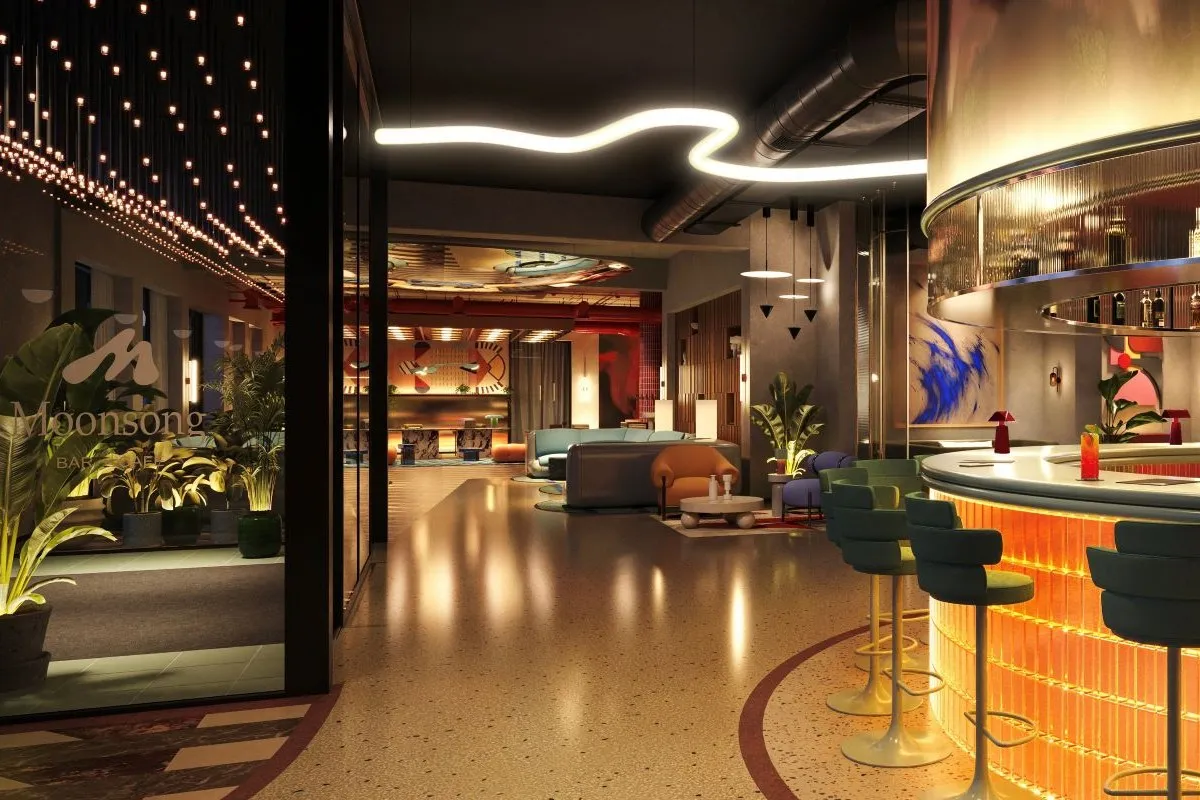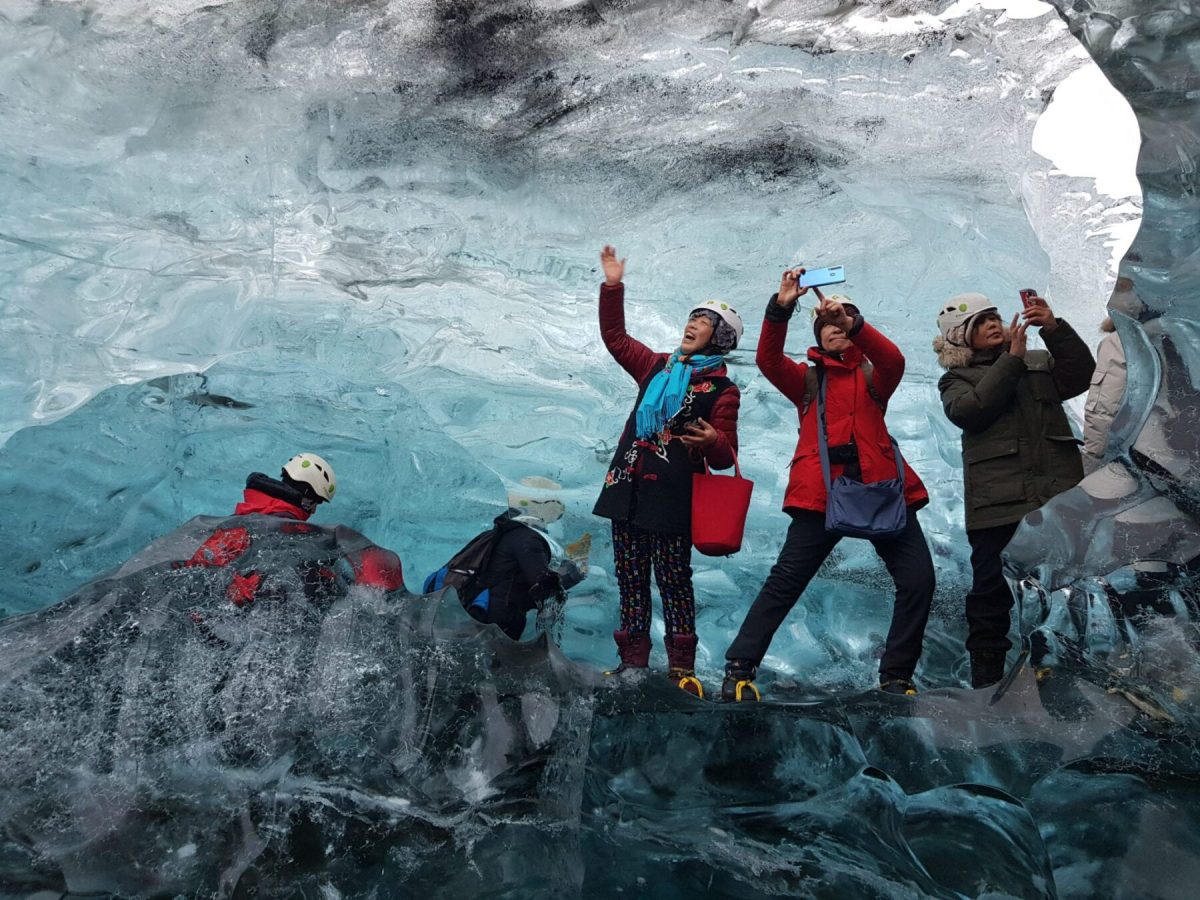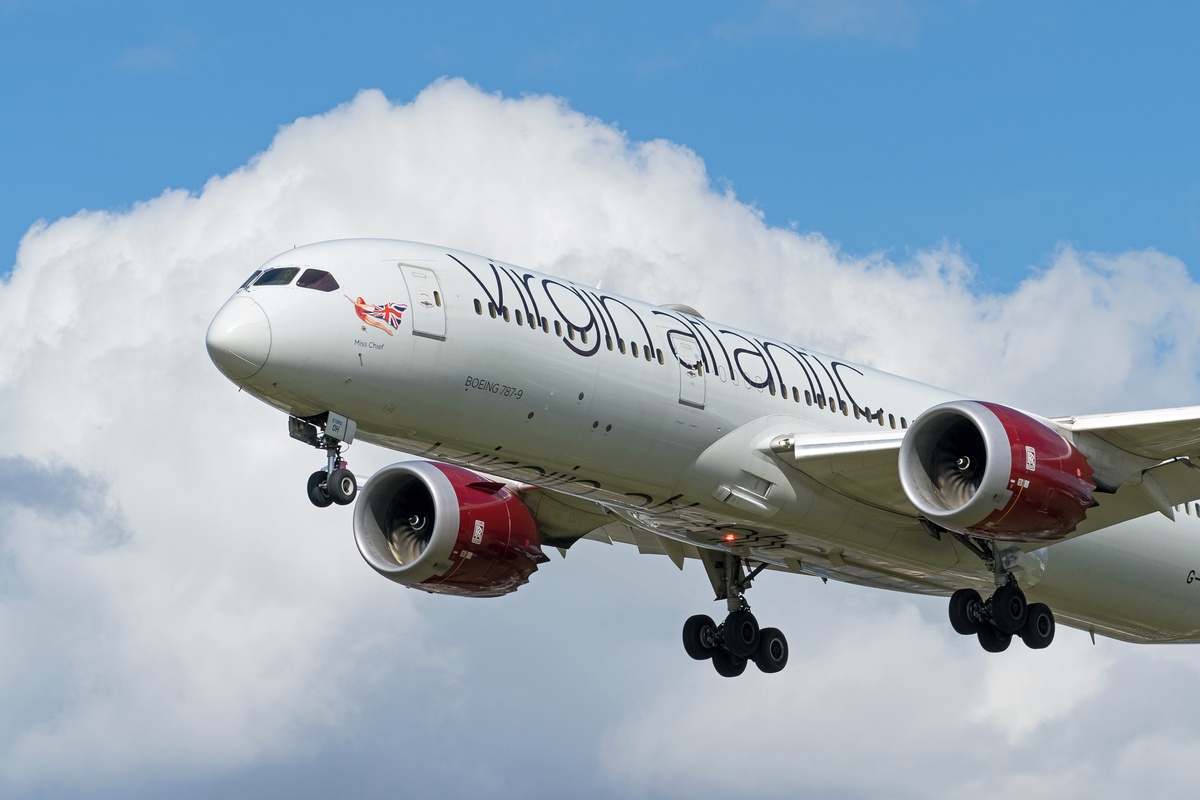5 Reasons Why You Can’t Ignore Personalization in Travel

Skift Take
This sponsored content was created in collaboration with a Skift partner.
“Give the people what they want” is a commonly quoted saying and is now more relevant than ever when it comes to travel. Today’s travelers want unique experiences tailored to their priorities and want to take control of their own itineraries. So this has begot the buzzword of late in the travel industry: personalization.
Travel companies are already delivering consumers somewhat personalized offers based on loyalty status and past behaviors, although arguably these efforts have been moderate at best. Personalization proposes to lead to better experiences for travelers and subsequently a better bottom-line for travel companies. So is personalization just a nice-to-have or will it be a compelling differentiator and business generator for the travel industry?
1. Travelers want it and expect it. Period.
Travelers expect to be seen as individuals and want to receive information and offers built on their preferences. And they want it delivered in a timely manner to their device of choice. And with the advent of social media, consumers are more transparent than ever so understanding them is now a real option and expectation.
Success for travel companies will depend on their ability to engage their audience and provide contextual content. And consumers don’t mind giving to get -- four out of 10 travelers are willing to share data in the interest of personalization, according to study by Amadeus, “At The Big Data Crossroads.” As outlined in another Amadeus study, “Trending with NextGen Travelers,” the personalized experience for the next generation traveler is even more important and must enhance them as a person and fulfill their needs and expectations.
2. Know better, serve better
The more you know the traveler, the better and more tailored service you can provide. An interesting application of personalization can be found in business travel and duty of care, where companies are looking to better track and facilitate the safety and security of their traveling workforce. Travel management companies are personalizing their offer to allow companies to know at any point how to locate their employees so in situations like civil unrest or a natural catastrophe, immediate assistance can be provided. They are also exploring “mayday” functions via mobile devices which would offer business travelers a direct link to a travel consultant for personal assistance, when and if they need it.
3. Delivering differentiation and value
Standing out among the competition can also be achieved with personalization. Some hoteliers are capitalizing on this opportunity with a growing range of customized offers delivered via guests’ smart devices. Hotels are supplementing traditional room service with a texting-based system. So, for example, guests might be able to order their room service dinner from the back of a taxi while they are heading to their hotel. The end result is better, more convenient – and differentiated -- service for the hotel guest that will ideally entice return visits and even positive recommendations and online reviews.
Personalization can also help shift the customer’s focus from purely price to real value. Airlines, for example, have seen ancillary services play a large role in how personalization can deliver value. In a survey conducted by ICM Research for Amadeus, almost two-thirds of respondents said services such as extra legroom, dietary requests and luggage are important to them. If it is something customers value, it is something they are more likely to purchase.
4. Personalize it and they will come
Bringing in personalization at the early stages of travel inspiration, search and shopping can also influence and accelerate purchasing decisions. Tailored choices can mitigate traveler frustration and exhaustive searching while securing business for the travel company who gets it right.
One area making major advancements in personalization is online advertising. Some companies have found that when a relevant, personalized ad is displayed, there is an eight times greater click-through rate than for an untargeted ad, and customers are eight times more likely to engage with an ad to buy a ticket or package.
5. Getting personal in the future
The travel industry is still in the early days of personalization. There are many possible ways to increase personalization such as based on customer behaviors or the absence of them, social media relationships, ancillary sales, geo-location and schedule disruptions, to name a few.
And powering the advancement of personalization is technology, which will ultimately bring the traveler and travel provider closer together. As companies “connect” traveler preferences, social behaviors, buying patterns and other information, it will become easier to deliver on customers’ specific wants and needs.
Personalization is not just about offering a service that someone wants, but offering it in the way they want to receive it – and when they want to receive it. That’s the essence of outstanding, tailored customer service. And that’s the future of travel.
This content is created collaboratively in partnership with our sponsor, Amadeus.





